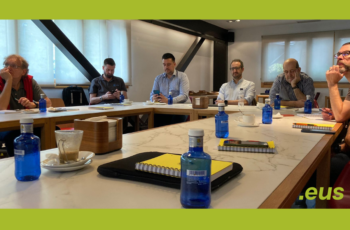The specificity of today’s challenge, whether economical or political, is that the time to avoid the permanent loss of the audiences’ trust is relatively short. Conversely, if that trust is lost, the investment required to regain it will be huge.
Indeed, the media, digital companies or large dominant platforms are subject to a growing loss of trust from audiences. The current system, voluntarily based on inefficient strategies to capture attention by disturbing or stimulating simple cognitive functions (indignation, anger), generates immediate profits, while durably destroying its capacity to keep its customers and creating deep societal problems in democracies.
It is clear that neither the technical nor the financial capacities are lacking to move to the next stage of the information society. What is missing is the will of the dominant actors to give confidence in their proposals. Not to mention what should be their real mission in the information society, namely to optimize the attention of their public, in order to offer them the most efficient information and decision-making processes.
Existing solutions for problems being identified
At the heart of the Internet and the information society, there is already a system that organize the contexts of the World Wide Web: the Domain Name System.
With the new TLDs, it is now possible to use the DNS as a first informational layer on the content promise of a given service. The more the use of DNS is in line with its “community” spirit, the more the given service creates a simple to perceive added value for its precise target audience, its extended community.
For economical and technical reasons, DNS requires identified and known interlocutors. By rethinking the methods of publication of the information collected and in compliance with legal requirements, this identification can be confirmed, evaluated and shared.
Without limiting the market’s capacity to respond to all legitimate demands and to remain in growth, all collective industrial practices, allowing to increase end-users’ confidence in the proposed services, would be beneficial to all the actors involved and to the social collective.
The contextual Internet is coming. And this is good news.




